Introduction: Best time to visit Egypt
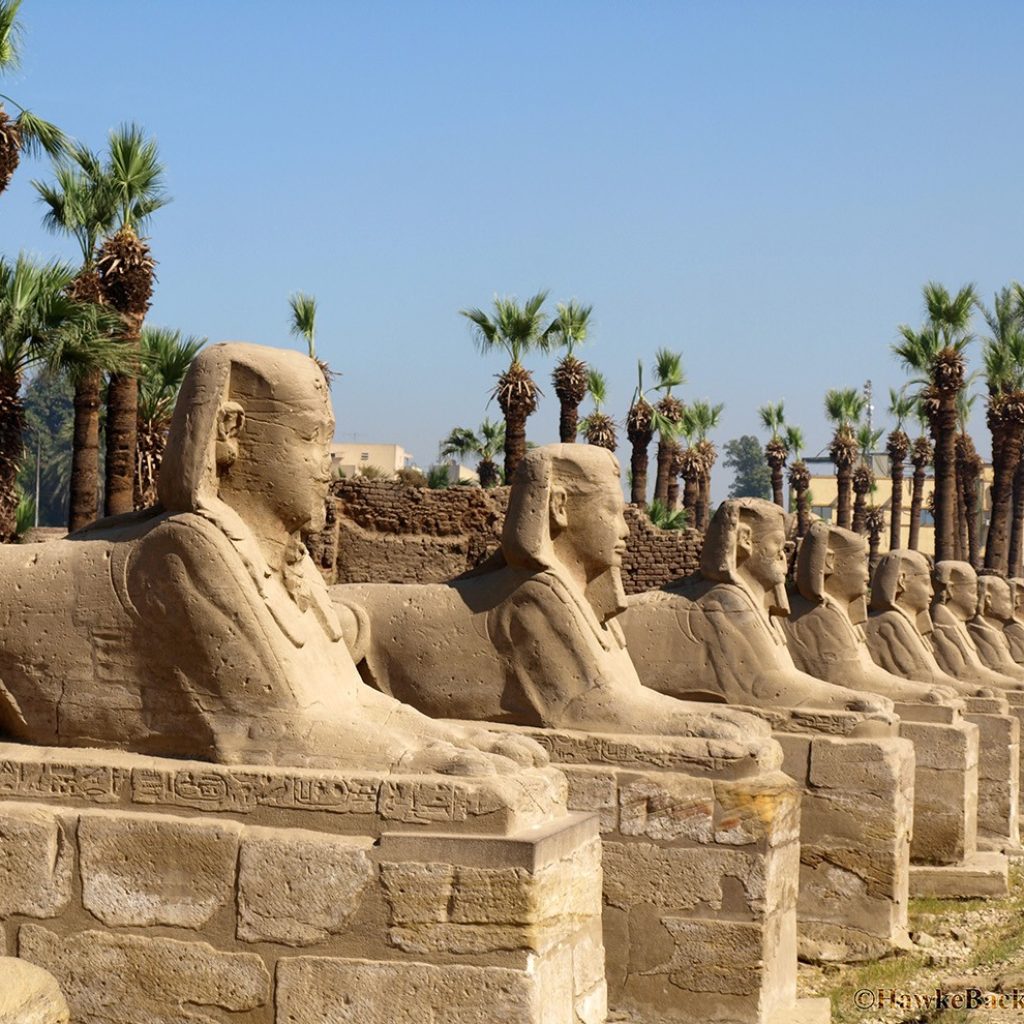
The best time to visit Egypt with its rich history, mesmerizing ancient sites, and vibrant culture, is a dream destination for many travelers. However, choosing the best time to visit this fascinating country can greatly enhance your experience. From the scorching desert summers to the mild winters, each season offers a unique charm. In this article, we will explore the best time to visit Egypt, taking into account various factors such as weather, crowd levels, and popular festivals.
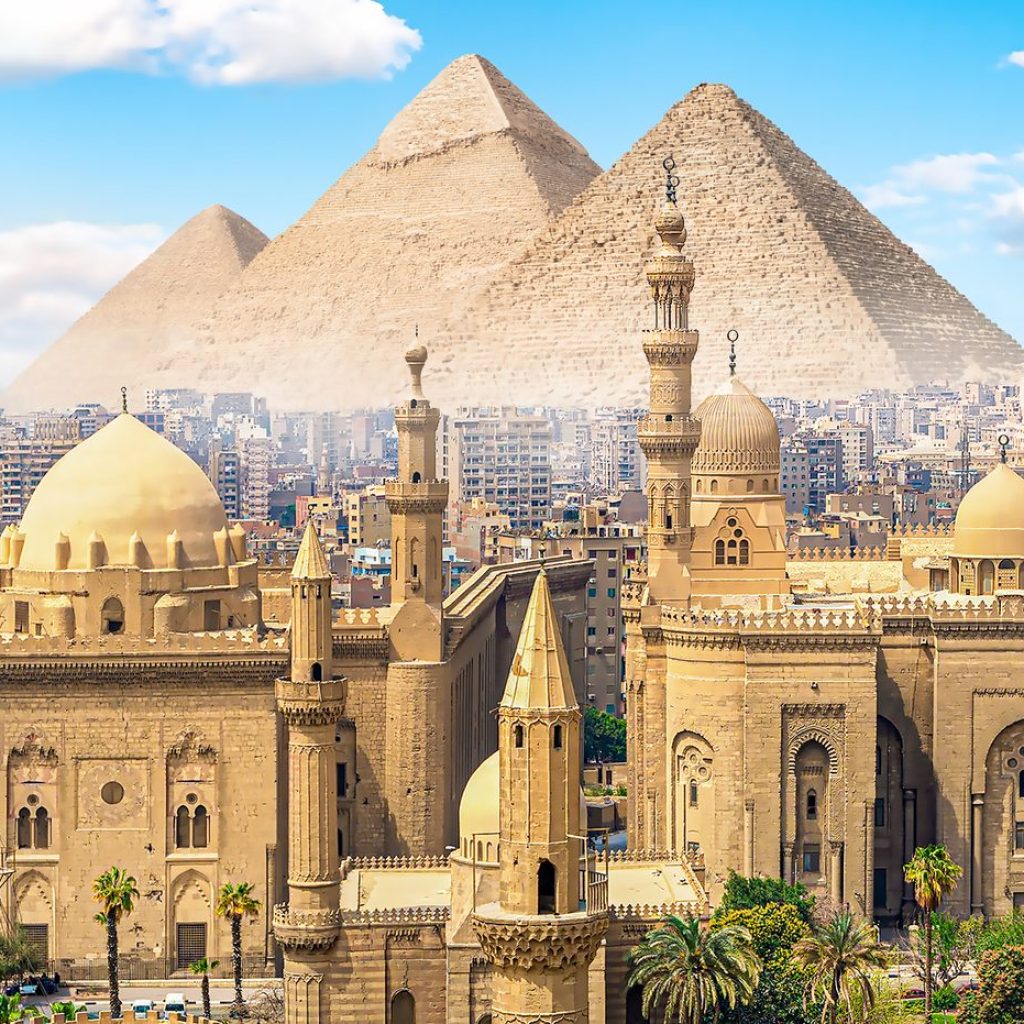
Table of Contents: Best time to visit Egypt
- Seasonal Overview
- Springtime Splendor
- Summer: Heat and Adventure
- Autumn: A Cultural Extravaganza
- Winter Wonderland
- Festivals and Events
- Tips for a Memorable Visit
Conclusion
FAQs
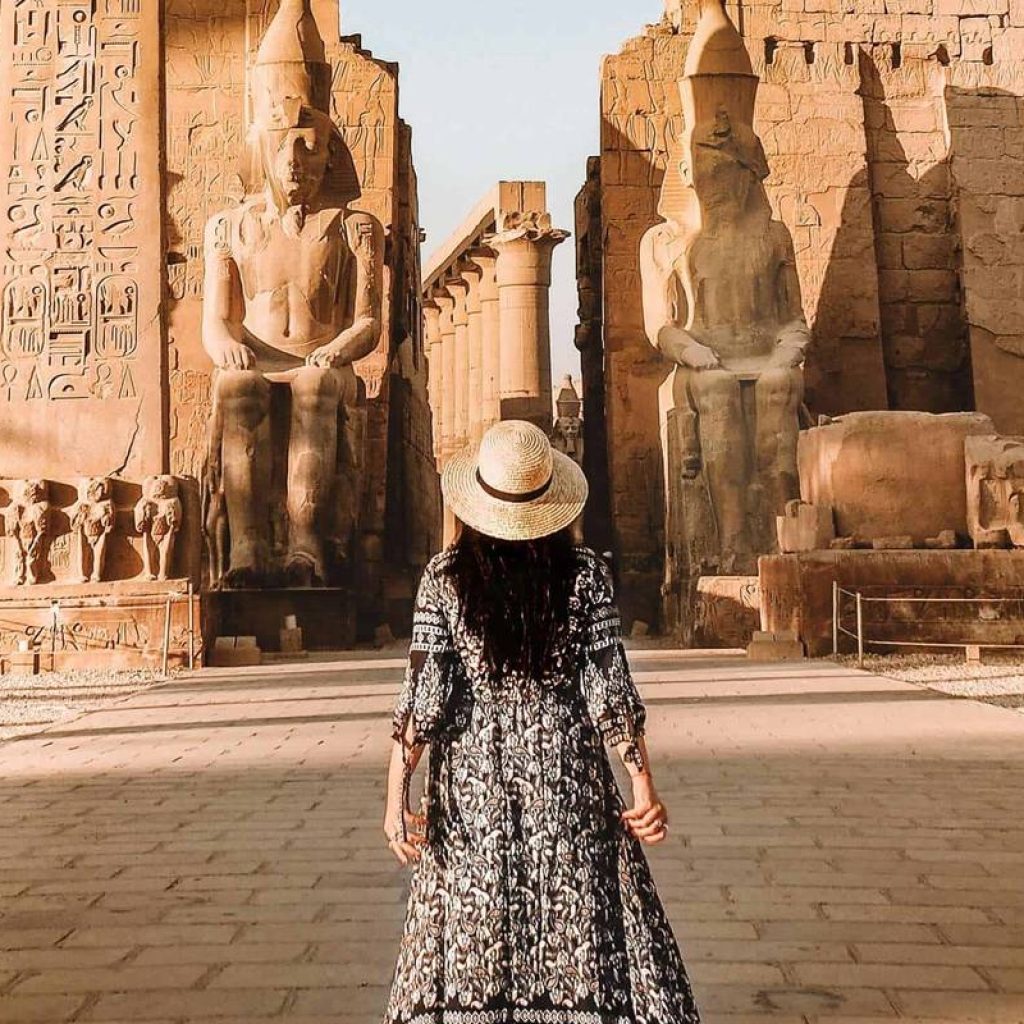
- Seasonal Overview:
Egypt experiences distinct seasons: spring (March to May), summer (June to August), autumn (September to November), and winter (December to February). Understanding the characteristics of each season will help you plan your visit accordingly. - Springtime Splendor:
Spring is considered one of the best times to visit Egypt. With pleasant temperatures ranging from 20°C to 30°C (68°F to 86°F), you can explore famous attractions like the Pyramids of Giza and Luxor without the scorching heat. The spring bloom adds a touch of beauty to the landscapes, making it an ideal time for nature enthusiasts. - Summer: Heat and Adventure:
Egypt’s summer is characterized by soaring temperatures that often exceed 40°C (104°F). While the heat can be intense, this season offers unique opportunities for adventure seekers. Diving enthusiasts can explore the mesmerizing Red Sea, and the Nile River cruises provide a tranquil escape from the heat. - Autumn: A Cultural Extravaganza:
Autumn in Egypt is a delightful time to immerse yourself in the country’s vibrant culture. With temperatures ranging from 25°C to 35°C (77°F to 95°F), you can explore the bustling streets of Cairo and witness traditional festivals like the Abu Simbel Sun Festival. The iconic sights are less crowded during this season, allowing for a more intimate experience. - Winter Wonderland:
Winter in Egypt brings milder temperatures ranging from 10°C to 20°C (50°F to 68°F), making it an excellent time to explore historical sites such as the Valley of the Kings and the Karnak Temple Complex. The cooler weather also makes it ideal for camel rides in the desert and enjoying the bustling markets of Cairo. - Festivals and Events:
Egypt hosts several captivating festivals and events throughout the year. The Cairo International Film Festival in November showcases the country’s vibrant film industry, while the International Festival for Drums and Traditional Arts in Aswan celebrates Egypt’s rich musical heritage. Don’t miss the vibrant Ramadan festivities in Cairo and Luxor during the Islamic holy month. - Tips for a Memorable Visit:
To make the most of your trip to Egypt, consider these tips:
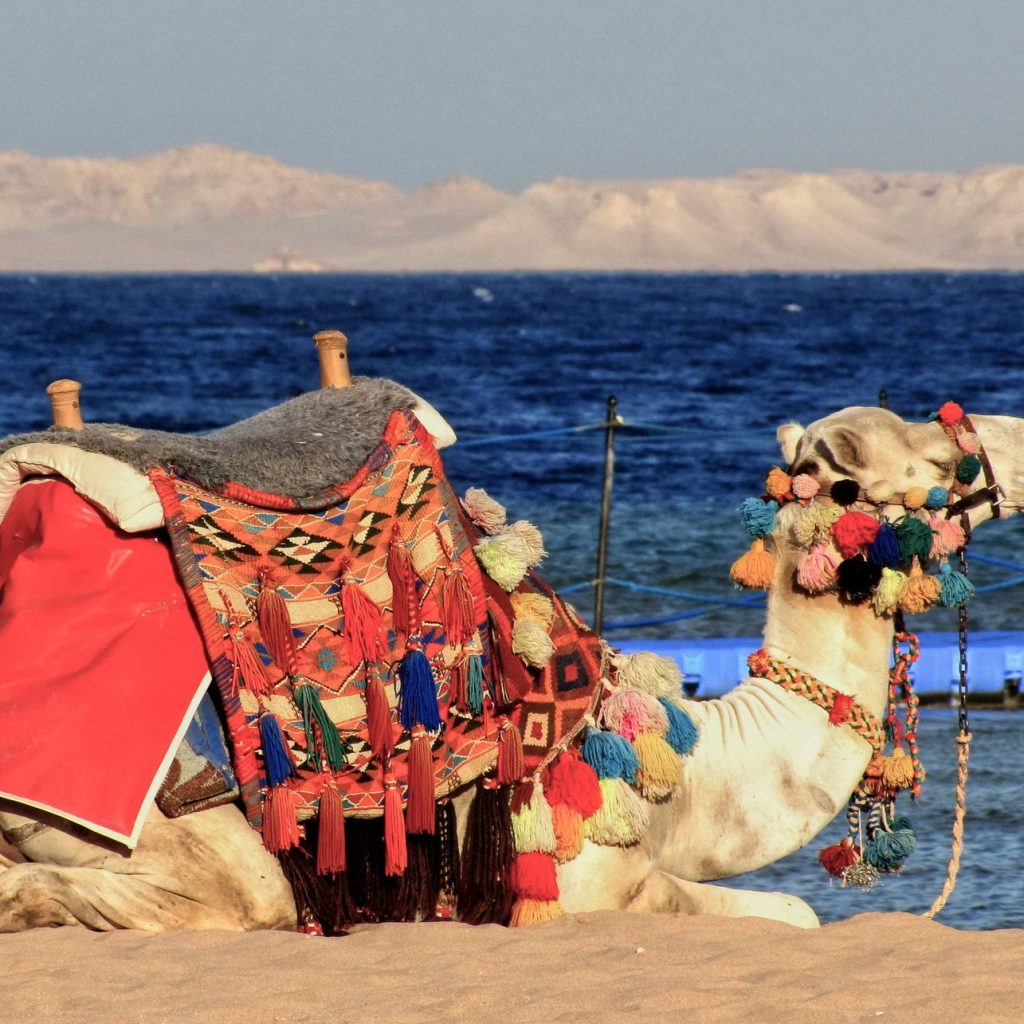
- Pack light, breathable clothing and sunscreen to combat the intense sun.
- Stay hydrated and carry a water bottle with you at all times.
- Plan your visits to popular attractions early in the morning to avoid crowds.
- Respect local customs and traditions, especially during religious festivals.
- Book accommodations and tours in advance to secure the best deals.
Conclusion: Best time to visit Egypt
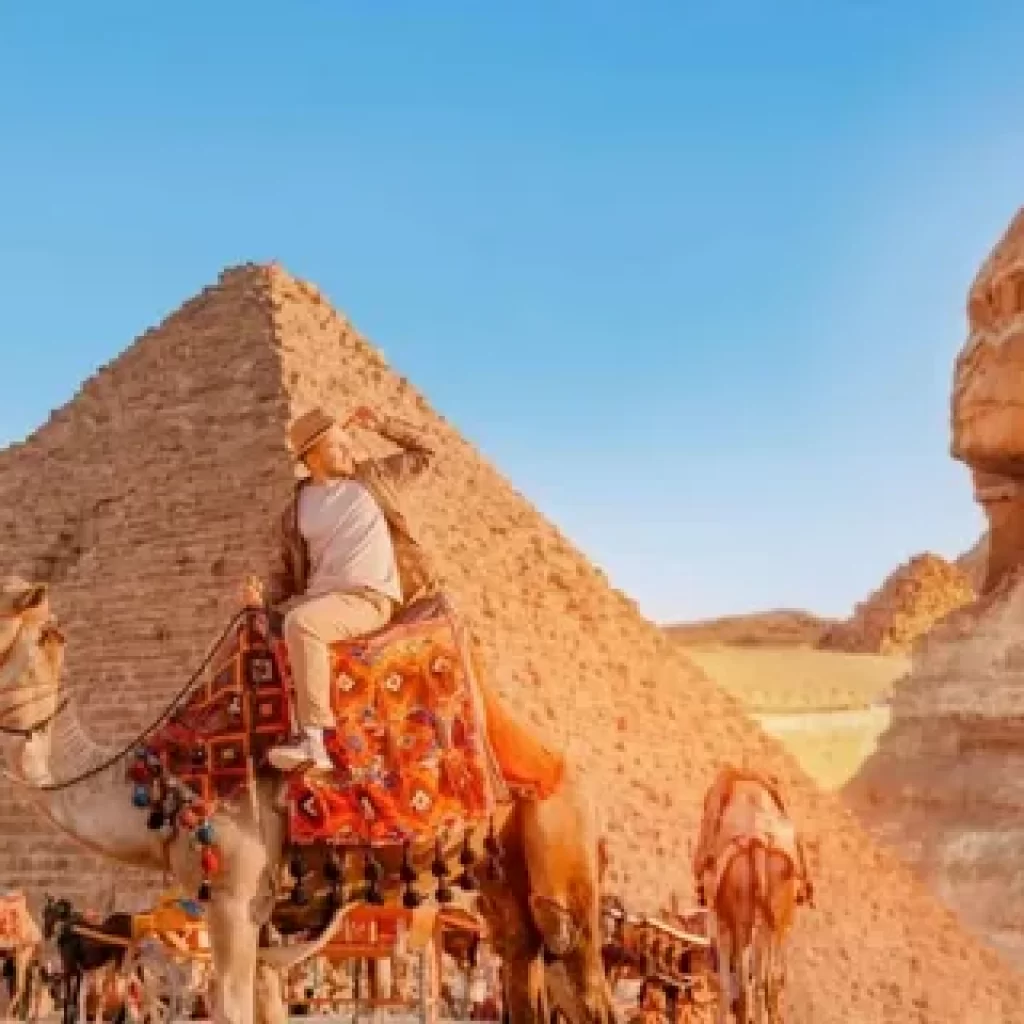
Best time to visit Egypt, offers a diverse range of experiences throughout the year, making it a year-round destination. However, the best time to visit Egypt largely depends on your preferences and interests. Whether you seek pleasant weather, cultural immersion, or adventurous experiences, Egypt has something to offer in every season. By considering the seasonal characteristics and planning your itinerary accordingly, you can make your visit to Egypt truly unforgettable Best time to visit Egypt.
FAQs: Best time to visit Egypt
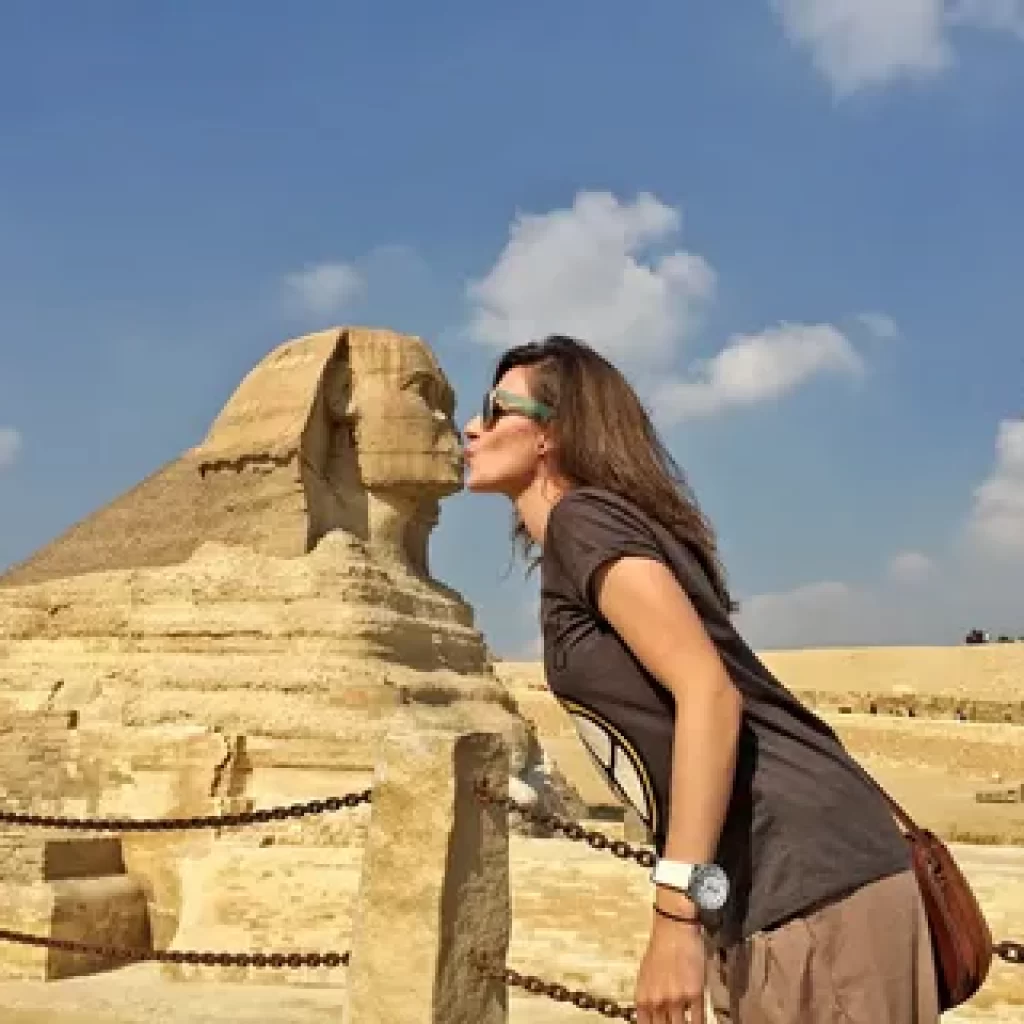
Q1. What is the best time to visit Egypt?
A1. The best time to visit Egypt is during spring (March to May) and autumn (September to November) when the weather is pleasant and the tourist crowds are relatively lower.
Q2. Is it too hot to visit Egypt during the summer?
A2. Egypt experiences scorching temperatures during the summer months (June to August), which can be uncomfortable for some travellers. However, it is an excellent time for diving enthusiasts and those who enjoy water activities in the Red Sea.
Q3. Are the famous attractions crowded all year round?
A3. Some of the popular attractions in Egypt, such as the Pyramids of Giza, can be crowded throughout the year. However, visiting during the shoulder seasons (spring and autumn) or the winter months can help you avoid the peak tourist crowds.
Q4. Are there any festivals or events worth experiencing in Egypt?
A4. Yes, Egypt hosts various festivals and events throughout the year. The Abu Simbel Sun Festival, Cairo International Film Festival, and Ramadan festivities are just a few examples of the vibrant cultural celebrations in the country.
Q5. What should I wear when visiting Egypt?
A5Egypt has a conservative culture, and it is recommended to dress modestly, especially when visiting religious sites. Lightweight, breathable clothing made of natural fibers is ideal for coping with the heat. Women should carry a scarf or shawl to cover their shoulders and knees when needed.
Q6. Are there any specific customs or etiquette I should be aware of in Egypt?
A6. Yes, it is important to respect local customs and traditions in Egypt. For example, when visiting mosques, remove your shoes and dress modestly. It is also polite to ask for permission before taking photographs of people, especially in rural areas.
Q7. Is it safe to travel to Egypt?
A7. Egypt is generally a safe country to visit, but like any travel destination, it is advisable to exercise caution and stay informed about the current situation. It is recommended to follow the guidance of local authorities and take necessary precautions to ensure a safe and enjoyable trip.
Note:
The above FAQs are for informational purposes only and may not cover all aspects related to travelling to Egypt. It is always advisable to research further and consult official travel advisories before planning your trip.



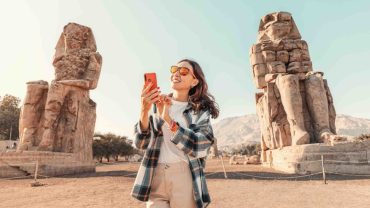

Comment (0)